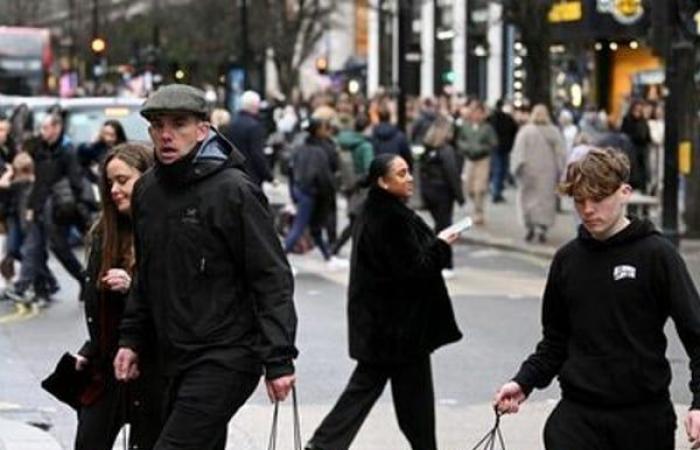Par
Reuters
Published on
January 16, 2025
Two thirds of British retailers will raise prices this year in response to higher employers’ social security contributions introduced in the new Labor government’s first budget, according to a survey of finance directors on Wednesday.
Trade body British Retail Consortium (BRC) said its survey of finance directors at 52 major retailers also found that around half plan to reduce working hours and head office staffing levels and of their stores.
Nearly a third said rising costs would lead to increased automation. More than two-thirds of respondents are “pessimistic” or “very pessimistic” about business conditions over the next twelve months.
As the British economy struggles to grow, the government’s solution is to increase employer contributions to finance investment in infrastructure and public services, which has sparked criticism from the business community.
Retailers said increases in national insurance contributions, the rise in the national minimum wage, packaging taxes and increased business tax rates – which come into force in April – would cost the sector 7 billion pounds (8.3 billion euros) more per year.
“The majority of retailers have no choice but to increase their prices to meet these increased costs,” said Helen Dickinson, chief executive of the BRC, who reiterated the industry’s plea for rate reforms. to make a significant difference on retailers’ tax bills.
The BRC survey, which echoes another survey by the British Chambers of Commerce published on Monday, found that finance directors expect store price inflation, as measured by the BRC, to reach a average of 2.2% during the second half of 2025. Food inflation is expected to average 4.2% during the second half of the year.
Official UK inflation data for December will be released later this Wednesday. In November, inflation reached its highest level in eight months, namely 2.6%.
Last week, retailers including Next, Tesco, Sainsbury’s and M&S reported good Christmas sales, but raised concerns about rising costs and a lack of strength in the economy in 2025.
This article is a machine translation. Click here to view the original article.
© Thomson Reuters 2025 All rights reserved.
Belgium






